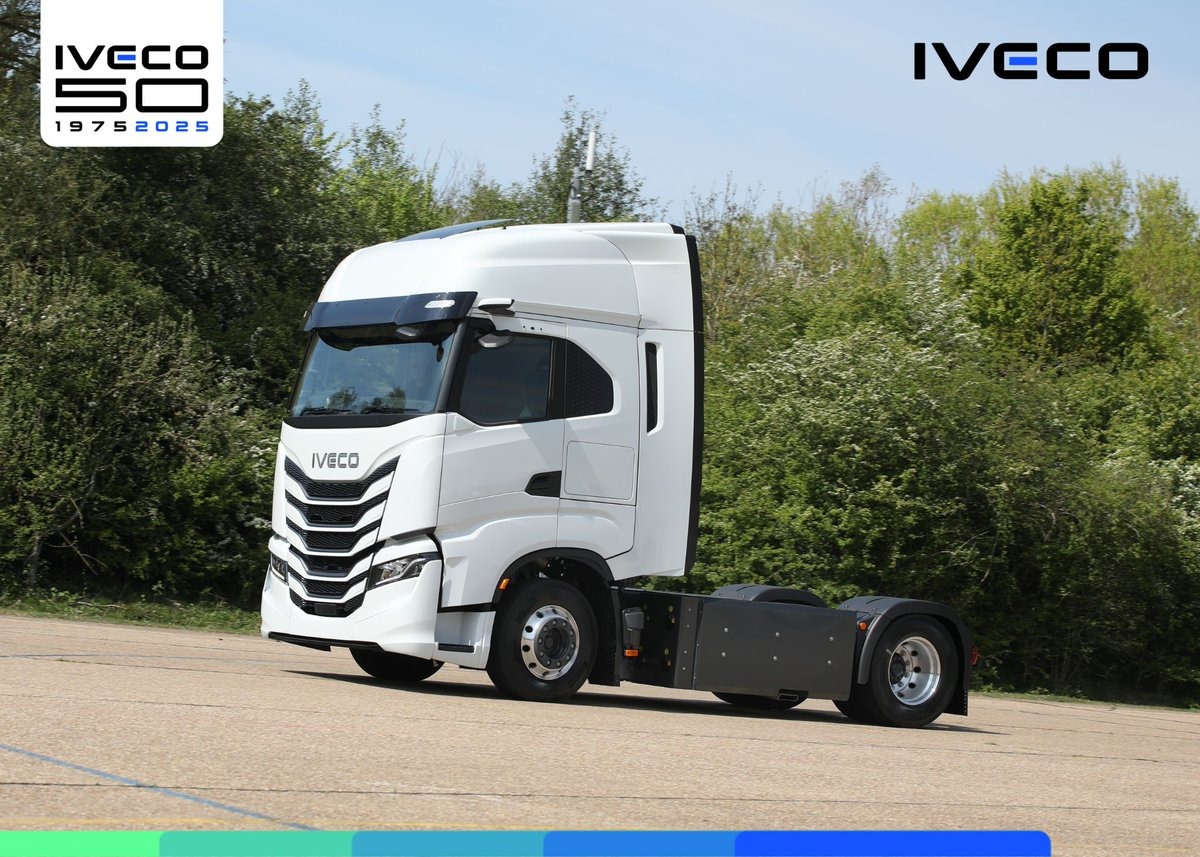
Follow WOWNEWS 24x7 on:

In a landmark move that could reshape the global commercial vehicle landscape, Tata Motors is set to acquire Italian truck manufacturer Iveco for $4.5 billion. The deal, expected to be formally announced today, July 30, marks Tata’s largest automotive acquisition to date and its second-biggest corporate buyout after the Corus Steel deal.
Deal Structure and Strategic Intent
Key highlight: The carve-out of Iveco’s defence business is expected to ease regulatory hurdles, especially given Italy’s past resistance to foreign control over strategic assets.
Why Iveco? Why Now?
Iveco, headquartered in Turin, is Europe’s smallest major truck maker but holds a strong portfolio in commercial trucks, buses, powertrains, and specialty vehicles. With 74% of its revenues coming from Europe and a growing footprint in Latin America, the acquisition offers Tata Motors a gateway to new markets and advanced technologies.
Key insight: The deal could triple Tata’s commercial vehicle revenues to over Rs 2 lakh crore, though margin pressures remain a concern.
Historical Context and Synergies
This acquisition surpasses Tata’s 2008 purchase of Jaguar Land Rover for $2.3 billion and builds on its legacy of global expansion. The Agnelli family, long-time allies of Tata, previously partnered with the group through Fiat Motors in India. Their current control of Stellantis and Ferrari adds strategic depth to the relationship.
Key takeaway: Tata Motors is betting on scale, diversification, and European engineering to revitalize its CV business.
Market Reaction and Regulatory Landscape
Key highlight: The exclusivity agreement between Tata and Exor expires August 1, adding urgency to the finalization.
Conclusion
Tata Motors’ $4.5 billion bid for Iveco is more than just a mega-deal—it’s a strategic leap into the heart of Europe’s commercial vehicle market. With regulatory finesse, legacy partnerships, and a clear growth roadmap, the acquisition could redefine Tata’s global ambitions. Investors and industry watchers will be keenly tracking the final announcement and its ripple effects across the automotive sector.
Sources: Economic Times, News18, EconoTimes, Investing.com, AInvest, Reuters




